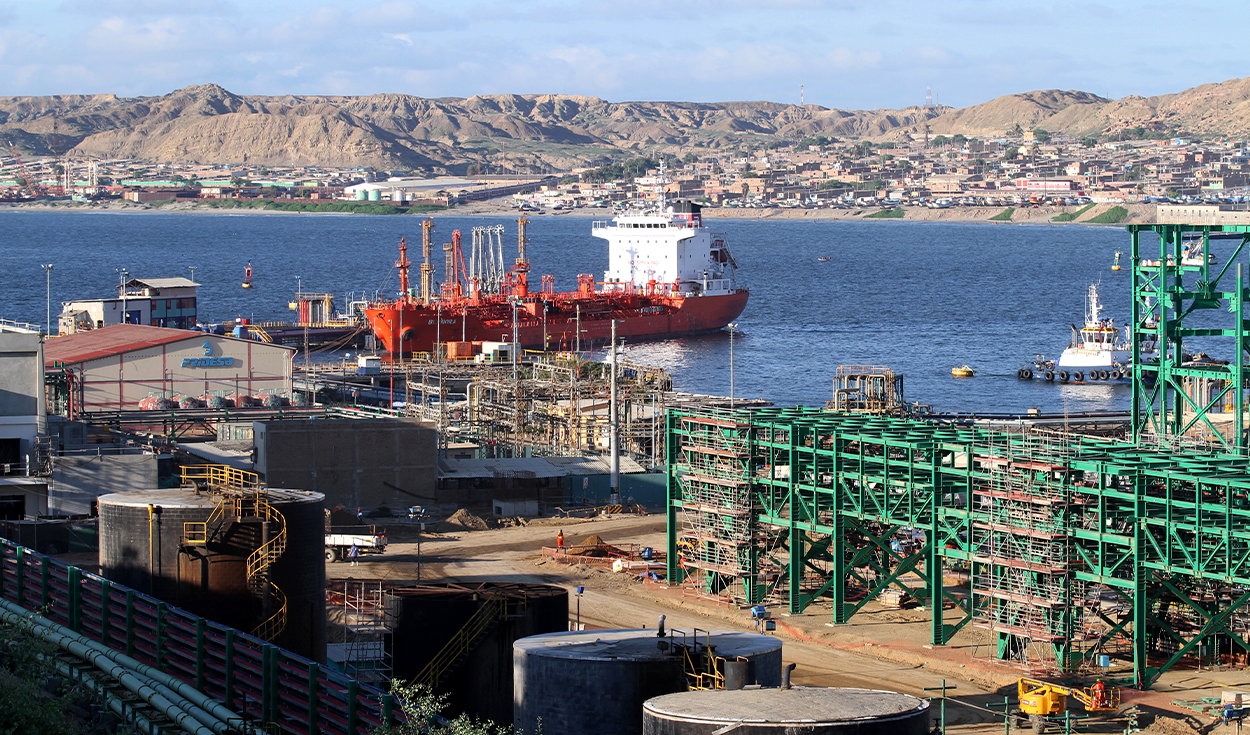
After the rejection of a new support of US$1,150 million, the president of the Council of Ministers, Alberto Otárola, has added a new setback to the financial and corporate recomposition of Petroperú, by announcing a “reform of its board of directors to seek efficiency,” a process which had only been underway since September.
One of the big problems that plagued Petroperú since 2013, when it began to be governed by the General Law of Commercial Companies, was the enormous ease that the Executive had in appointing and removing directors. This is what happened in 2021 with the former general manager and director Hugo Chávez Arévalo, appointed by Pedro Castillo and responsible for the crisis that is currently hitting the company.
Even the former president of the board Humberto Campodónico had presented a bill to Minem in 2022 to amend this situation. It was never cleared, but in September 2023, thanks to the Athur D. Little report, the statutes were able to be modified and now the directors cannot be hand-picked, recalls Carlos Vives Suárez, former head of the oil company.
“The company is already in a restructuring process due to emergency decree 023 of 2022, and they have been complying with all of this,” says Vives.
Of the six directors of Petroperú, five are appointed by the General Meeting of Shareholders (JGA), made up of the Ministry of Economy and Finance (MEF) and the Ministry of Energy and Mines (Minem).
Currently, the board chaired by Petro Chira is made up of Artemio Reátegui, Pedro Méndez and Antonio Manosalva. The latter represents the workers; the other three, to Minem. Both are missing from the MEF, after the resignation of José Olivares and Brigitt Bencich in December.
Bad message to bondholders
Petroperú had announced that the two replacements for Olivares and Bencich were going to be chosen through a meritocratic headhunting process, the first in this new stage of corporate strengthening of the oil company. Women, in both cases, for a policy of gender equality, which was even greeted by President Dina Boluarte during her visit to the Talara Refinery, just a few weeks ago.
Can the members of the AGM today remove the entire board with one stroke? In theory, yes. In practice, no: it is no longer like before, where they could remove and appoint directors in situ. Now it is done by competition and takes months, as it should always be and as happens in the world’s major oil companies.
In this sense, UNI professor Alexei Huerta warns that a bad message is sent to the bondholders and capital banks that manage the lines of credit that, precisely, Petroperú seeks to recover.
If we add Otárola’s bad message to the rejection of the US$1.15 billion, the state company is exposed not only to not recovering its lines, but to requiring more support in the future.
“It is important to have a broad line of credit, that gives flexibility because crude oil purchases are made in advance and depend on how the market fluctuates,” he says.
Reactions
Carlos Vives Suárez, former president of Petroperú
“I don’t see it right that now, when they have everything to continue operating, with an oil pipeline, lots and a refinery, they practically want to give the business to other people. You have to be very careful with that.”
Alexei Huerta, energy specialist
“If the situation in the country was difficult due to El Niño, it was difficult to have support. The most advisable thing now is to look for options to capitalize, to partner with other companies to invest in production.”
Keys
- Barrels. Petroperú has projected a positive EBITDA of US$572 million in 2024 thanks to its operation of three blocks and the modernized Talara refinery.
- Organization chart. Petroperú hopes to renew its entire management team until April 2024.
Source: Larepublica
Alia is a professional author and journalist, working at 247 news agency. She writes on various topics from economy news to general interest pieces, providing readers with relevant and informative content. With years of experience, she brings a unique perspective and in-depth analysis to her work.












